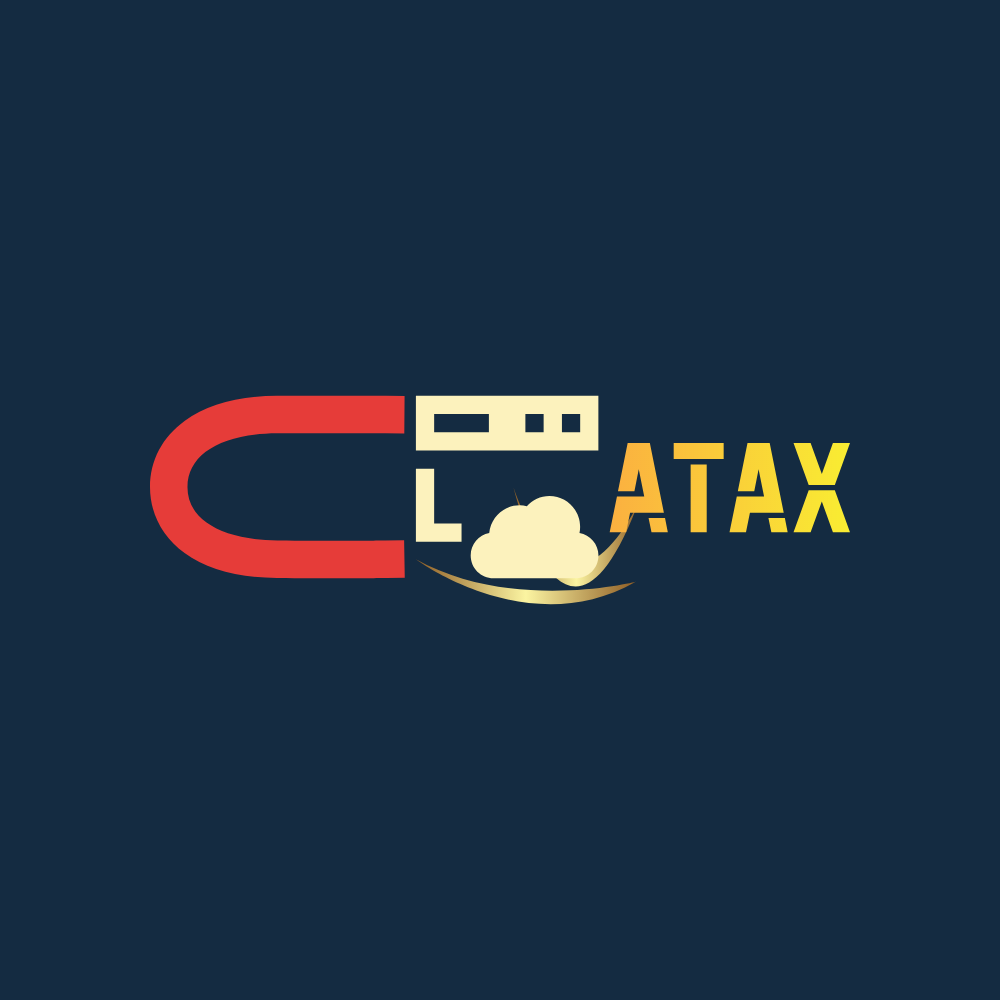The concept of working from home has become increasingly popular, especially in light of the ongoing global pandemic. Many companies have transitioned to remote work arrangements to ensure the safety and well-being of their employees. While there are numerous benefits to working from home, such as increased flexibility and reduced commuting costs, there are also important tax implications to consider.
One of the key tax implications of working from home is related to tax planning. Tax planning involves making strategic decisions to minimize the amount of tax you owe. When you work from home, there are several tax planning strategies that you can employ to potentially reduce your tax burden.
One of the most common tax planning strategies for those who work from home is the home office deduction. This deduction allows you to deduct a portion of your home expenses, such as utilities, rent, and mortgage interest, that are directly related to your home office. In order to qualify for the home office deduction, you must use a designated area of your home exclusively for work on a regular basis.
Another important tax planning consideration for those who work from home is the necessity of keeping careful records of your expenses. By maintaining detailed records of your work-related expenses, you can ensure that you are able to claim all of the deductions to which you are entitled. This can help to reduce your taxable income and potentially lower the amount of tax you owe.
Additionally, it is important to consider the tax implications of any reimbursements or allowances you receive from your employer for work-from-home expenses. These payments may be considered taxable income, which could increase your overall tax liability. Understanding the tax treatment of these payments can help you to make informed decisions about how to manage your tax obligations.
It is also important to be aware of the tax implications of working from home if you are self-employed. Self-employed individuals may be eligible for additional tax deductions related to their home office expenses, as well as other business-related expenses. Developing a comprehensive tax planning strategy can help self-employed individuals to maximize their deductions and minimize their tax liability.
In conclusion, working from home can have significant tax implications that should not be overlooked. By implementing effective tax planning strategies, individuals who work from home can potentially reduce their tax burden and maximize their tax savings. Understanding the tax implications of working from home and taking proactive steps to manage them can help to ensure compliance with tax laws and optimize your financial situation.
************
Want to get more details?
Cloud Accounting & Tax Services Inc. | CLaTAX
https://www.claccounting-tax.ca/
+1 (855) 915-2931, +1 (236) 521-0134
163-4300 North Fraser Way, Burnaby, BC V5J 5J8
Brand Profile: Cloud Accounting & Tax Services Inc. | CLaTAX
Mission Statement
We aim to protect our clients’ financial interests with integrity, providing essential services for a secure financial future. We treat our employees and clients with respect and professionalism.
Vision
To be Canada’s leading provider of innovative accounting and tax solutions, leveraging technology for accessible, high-quality financial services.
Values
Integrity: Ethical and transparent operations.
Excellence: Constantly improving to meet clients’ needs.
Client-Centric: Tailored services for unique goals.
Innovation: Utilizing the latest technology.
Respect: Professional treatment for all.
Services
For Individuals and Families
Personal Income Tax Preparation
Penalty and Interest Relief Requests
Income Tax Reviews
Pension Assistance
Financial Management Solutions
For Business Owners
Bookkeeping Services
Tax Planning and Consultancy
Payroll Solutions
Penalty and Interest Relief
Financial Management Solutions
For Corporations

